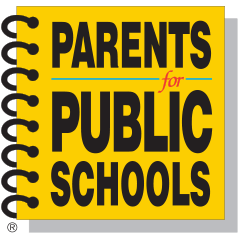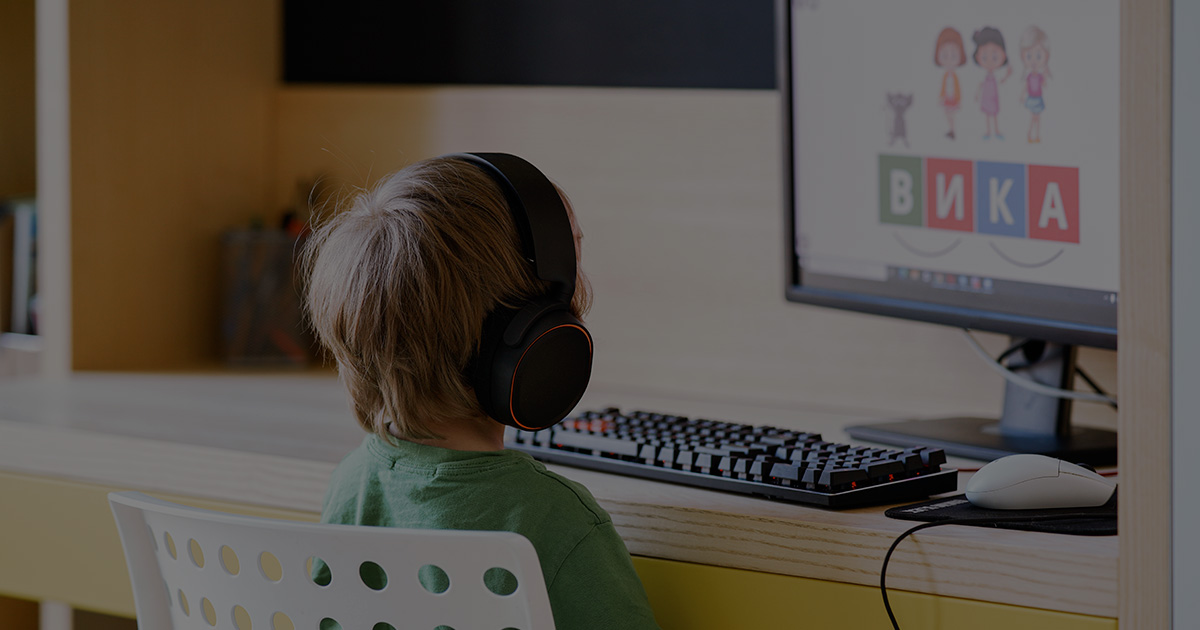Summer break is often looked upon with great anticipation by both students and teachers alike. However, as research shows, summer learning loss can be a major concern for many families. Studies have found that students can lose up to two months of progress in math and reading over the summer months. This “summer slide” can disproportionately affect students from low-income families, who may not have access to the same enrichment opportunities as their peers.
This is where summer learning programs come into play. Summer programs offer opportunities for students to engage in academic learning and fun activities during the summer months, bridging the gap between the end of one school year and the beginning of another. With experienced teachers and an enriching curriculum, summer learning programs can help students maintain their academic gains from the previous school year and prevent summer learning loss.
Summer Learning Programs Bridge Opportunity Gaps
Although many students look forward to summer break, studies have shown that the lack of academic stimulation and routine over the summer can lead to significant learning loss for many students. This setback, commonly known as “summer slide,” contributes to the ever-widening opportunity gap that affects many students, particularly those from low-income families. Research conducted by the National Summer Learning Association suggests that students typically lose between one and two months of learning during the summer holiday. The effects of this learning loss can be cumulative and significant. In fact, by the time students reach high school, the achievement gap between students who experience summer learning loss and those who do not can often exceed two academic years.
Additionally, the opportunity gap, which is strongly linked to the summer slide, is the gap between students who have access to educational resources and support and those who do not. Students from low-income families are disproportionately affected by this gap, as they may not have the same access to academic support and enrichment opportunities as their more affluent peers.
However, summer learning programs are one way to bridge this gap and prevent learning loss during summer break. These programs offer an opportunity for students to participate in enriching activities and receive academic instruction during the summer months. Academic summer programs can offer a wide range of courses, including everything from STEM subjects and language arts to music and physical education.
Parents Play a Critical Role in Summer Learning Outcomes
Summer learning programs are a great way for students to stay engaged and continue their education during the summer break. However, many students from low-income families may not have the opportunity to participate in these programs due to financial constraints or lack of information. To ensure all students have access to summer learning opportunities, it is important for parents and guardians to get involved and provide support for their children.
One of the most important ways parents can support their children is by actively seeking out information about summer learning programs and encouraging their children to participate. This may involve researching different programs, attending informational meetings, and talking to teachers and counselors about options. Parents can also help their children complete applications and ensure that they meet any eligibility requirements.
Financial support is another crucial aspect of parental involvement in summer learning. Many summer programs offer scholarships or financial assistance for low-income students, but it is up to parents to seek out these opportunities and apply for them on behalf of their children. Additionally, parents may need to budget for transportation costs or other expenses associated with summer programs.
By advocating for their children and providing support throughout the summer, parents play a critical role in closing the opportunity gap and ensuring that all students have access to academic enrichment opportunities. Summer learning programs help students stay engaged and motivated throughout the summer break, setting them up for academic success in the upcoming school year.
In summary, summer learning programs offer a wide range of benefits for students of all ages. Whether it’s preventing learning loss, bridging the opportunity gap, preparing for the next grade level, or engaging in fun and educational activities, these programs can help students build important skills and prepare for academic success.
Here’s a list of resources to assist you as you plan summer learning experiences for your child this summer:
Discover Summer: This website allows you to search for summer programs in your community.
Family Guide: This resource offers tips, insights and resources from these leading education and youth-serving organizations to help you harness the power of summer learning.
IXL 2023 Summer Learning Hub: IXL has resources that will support your child’s success this summer. This learning hub offers tips, tricks, and strategies that ensure motivation for learning as well as preparation for the new school year. Additionally, this website offers a step-by-step quick tour available in both English and Spanish.
Parent Resources at GreatSchools: GreatSchools offers articles, worksheets, tips, and interactive tools that support learning. Grade-based toolkits offer options for students in Pre-K to high school.
PBS Kids for Parents: Kids can explore and play all summer long with a variety of free resources from PBS KIDS. Resources include hands-on activities and games that promote literacy, math, and science.
SAT Prep: CollegeBoard has prepared resources for parents and guardians that will help you navigate the college application process as well as help your child practice and register for the SAT test.
Summer Reading: Research has proven that children who don’t read during the summer months can lose up to three months of reading progress. Additionally, this loss has a cumulative and lasting long-term effect. This resource provides resources and articles about summer reading and summer learning loss.

